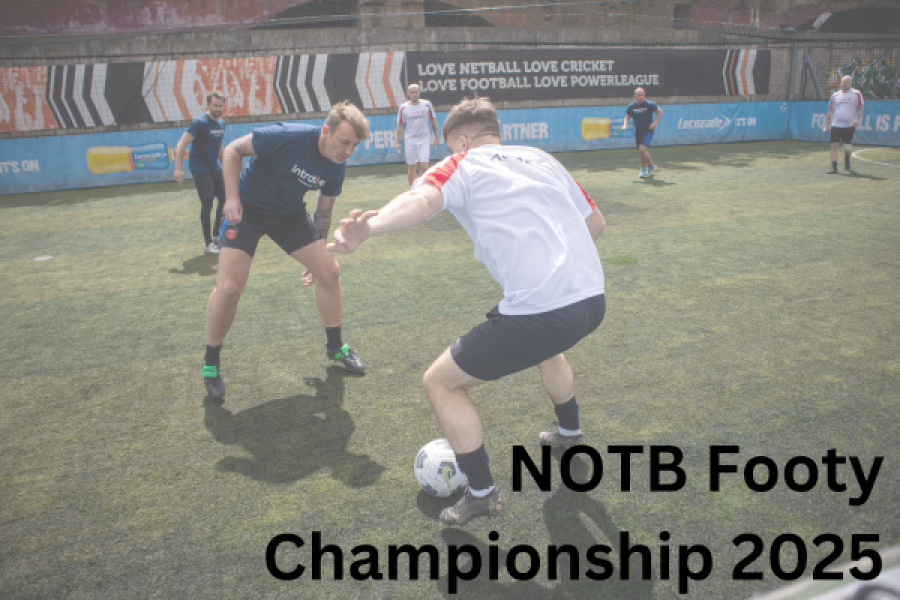In this article we deep dive into the services any reputable knotweed contractor should offer and provide a checklist to help with making an informed choice.
Why is this important now?
Surprisingly, the knotweed growing season is already upon us, and it's early for the third year in a row. Is this evidence of changes in UK climate affecting species growth patterns? Well, that's another important topic! But let's focus on getting you the right help with knotweed first.
What does early knotweed look like?
The picture below was taken this week in Cornwall, and as you can see knotweed growth is emerging from the underground rhizome (root system) as reddish brown stems with curled up leaves (these will unfurl and turn green later). They can be in clumps, or in this case as individual shoots, and resemble asparagus tips when they first emerge.
Knotweed shoots can be difficult to identify but with free online ID services you can get swift access to industry experts who can confirm whether the suspect plant is knotweed.
It could be knotweed - what should I do?
If knotweed is confirmed you'll want to find a knotweed contractor - fast! But not all knotweed specialists match the criteria you need as a commercial business or construction firm in order to comply with knotweed legislation and health and safety regulations.
Below is a foolproof checklist collated from our many years of speaking to commercial and construction companies faced with the dilemma of finding and choosing a trustworthy company.
The checklist
This is the information and advice you should expect to receive:
- How, when and where knotweed established itself on the subject property.
- What remediation methods are available – with demonstrable evidence of projects using each method. Ask for some project examples or case studies.
- What method(s) they would recommend and details of how it would be carried out including excavation depth required.
- How they would undertake the works, details on access requirements, plant required and any health and safety considerations.
- How to contain any offsite knotweed to stop it laterally spreading back on to the site. What guarantees they will supply.
- What biosecurity measures will be put in place.
- Call off time/availability.
- Duration of works.
- Legislation advice and guidelines.
- Any other works such as vegetation that requires removal, tree works, access haul roads and loading areas.
This is a comprehensive list and you should expect all of the above to be covered as this will enable you to make a fully informed decision about which contractor is right for the project. Whilst your budget is a significant factor, it’s not always about cost - a reputable and experienced contractor will work with you to establish a proposal that meets your needs.
What you should expect from a reputable contractor
Reliable knotweed removal services for corporate clients must hold industry trade affiliations and memberships such as PCA, BASIS and SSIP accreditations. If handling knotweed they will also need to have a waste carrier’s license. Next look at their services. A registered contractor will need carry out a full site assessment (survey), provide a report (often called a Knotweed Management Plan – or KMP) that contains recommendations for control or removal options, and a comprehensive quote for the works to be carried out. This should include evidence that the contractor is licensed to handle and remove knotweed waste and that it will be disposed of at a licensed landfill site.
Have your questions been answered?
You may also want to know how the knotweed will be controlled or removed, and this should be explained during the selection process. Factors for consideration are the site itself, the development plans and any other environmental or public considerations required. Details on treatment plans and excavation options should be clearly available either on their website or during a consultation.
Why you should always consult the experts
There will always be questions asked about the best and most sustainable way to get rid of Japanese knotweed or other invasive plants. The truth is only industry experts are on top of current legislation around invasive and noxious plants. Using the checklist in this article should guide you to the best contractor for the job.
This article was written by Japanese Knotweed Ltd.






